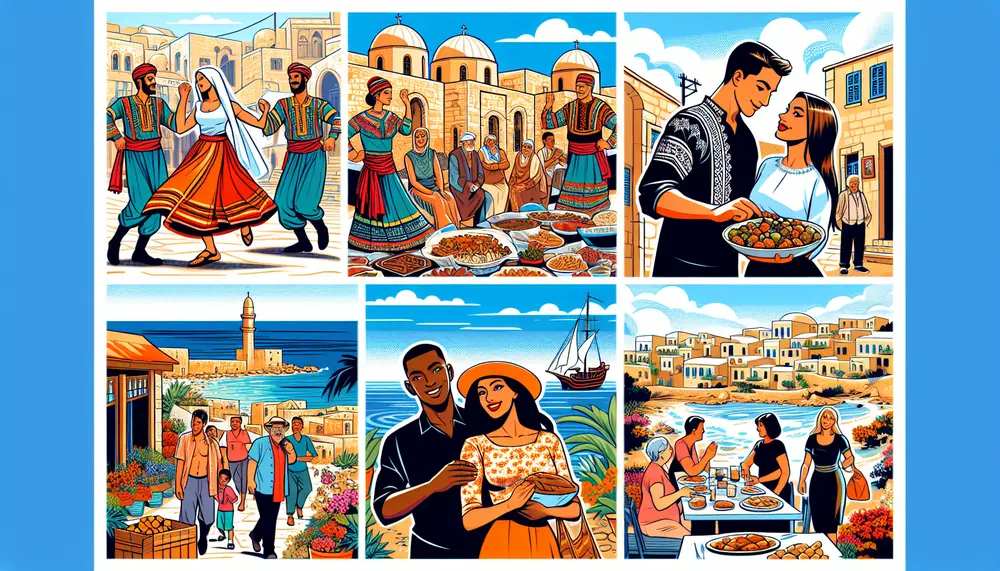Mediterranean
Mediterranean
What is the Mediterranean?
The term Mediterranean refers to the region surrounding the Mediterranean Sea. This sea is almost completely enclosed by land, bordered by Europe to the north, Asia to the east, and Africa to the south. The Mediterranean region is known for its unique climate, culture, and history.
The Mediterranean Climate
The Mediterranean climate is characterized by hot, dry summers and mild, wet winters. This climate is ideal for growing olives, grapes, and citrus fruits. Cyprus, being part of the Mediterranean, enjoys this pleasant weather, making it a popular destination for tourists.
Mediterranean Culture
The Mediterranean region is rich in cultural diversity. It has been a melting pot of civilizations for thousands of years. Cyprus, in particular, has a blend of Greek, Turkish, and Middle Eastern influences. This cultural mix is evident in the island's cuisine, music, and traditions.
Historical Significance of the Mediterranean
The Mediterranean has played a crucial role in history. It was the center of ancient trade routes and the birthplace of many great civilizations, including the Egyptians, Greeks, and Romans. Cyprus, located in the eastern Mediterranean, has a history that dates back to antiquity, with many archaeological sites to explore.
Mediterranean Cuisine
Mediterranean cuisine is famous for its healthy and flavorful dishes. It includes a variety of fresh vegetables, fruits, nuts, and seafood. In Cyprus, you can enjoy traditional Mediterranean dishes like halloumi cheese, souvlaki, and fresh seafood, all prepared with local ingredients.
Conclusion
Understanding the Mediterranean context of Cyprus helps appreciate its climate, culture, and history. Whether you're visiting for the weather, the rich history, or the delicious food, Cyprus offers a true Mediterranean experience.
Blog Posts with the term: Mediterranean

Cyprus is divided by the Green Line, a UN-monitored demilitarized zone separating the Republic of Cyprus from the Turkish Republic of Northern Cyprus. This article provides essential information on navigating this border, including key crossing points and required documentation for...

Cyprus, located in the eastern Mediterranean Sea at the crossroads of Europe, Asia, and Africa, covers 9,251 square kilometers and features diverse landscapes including beaches and mountains. Despite its compact size compared to countries like Belgium or Luxembourg, Cyprus has...

Driving in Cyprus involves navigating on the left side of the road, similar to the UK, and requires adjusting to local traffic laws and conditions. Key points include practicing safe driving habits, understanding speed limits and signage, being cautious on...

Cyprus has two official languages, Greek and Turkish, reflecting its diverse cultural heritage and historical influences. While Greek is predominantly spoken in the south and Turkish in the north, both languages coexist alongside various dialects and minority languages that contribute...

Cyprus, an island in the Eastern Mediterranean, has a complex history marked by division due to historical events and nationalist movements among Greek and Turkish Cypriots. The 1974 conflict escalated with a coup d'état followed by Turkey's military intervention, leading...
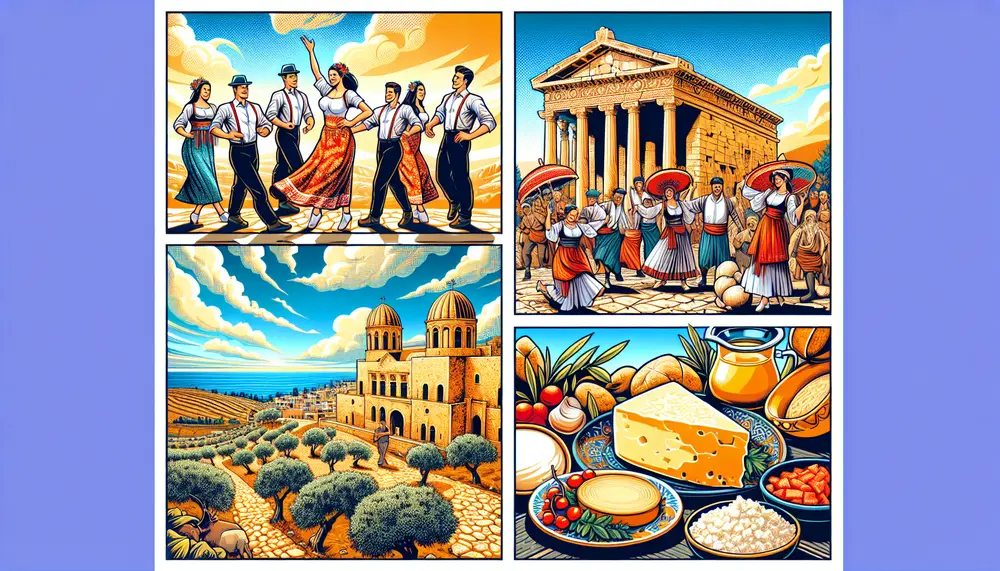
Cyprus, an island in the Mediterranean, features a rich cultural tapestry influenced by Greek and Turkish traditions due to its strategic location and diverse history. The guide explores various aspects of Cypriot culture including festivals, cuisine, religious practices, and artistic...
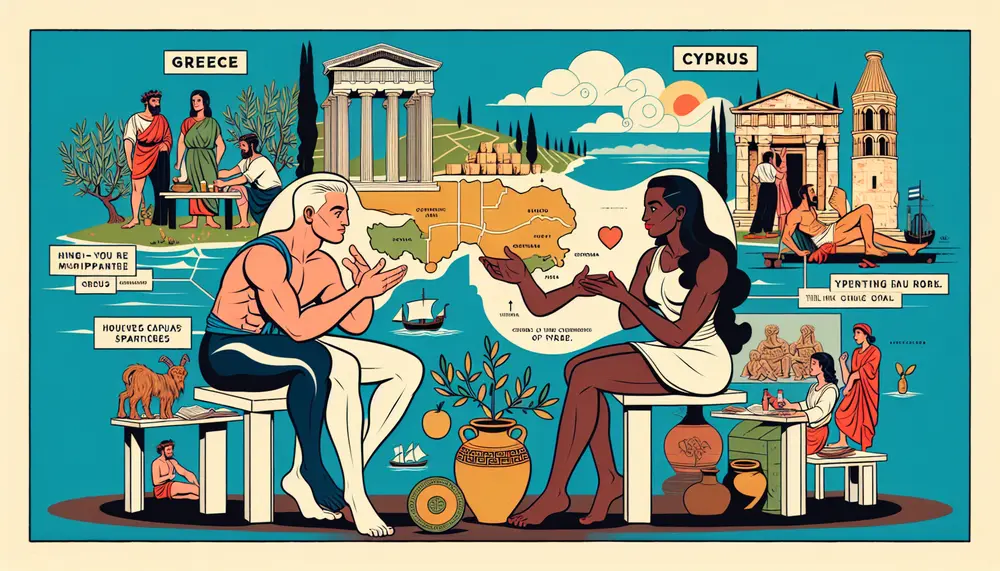
The relationship between Cyprus and Greece is deeply rooted in shared history, language, religion, and traditions. From ancient myths to modern political alliances, their connection has shaped both nations' identities and continues to foster strong cultural and economic ties today....

Cyprus boasts a rich and diverse culture shaped by various historical influences, including Greek, Phoenician, Roman, Byzantine, Ottoman, and British. The island's cultural identity is reflected in its language diversity (Greek Cypriot and Turkish Cypriot), religious practices (Orthodox Christianity and...

Cyprus Immigration Category F offers permanent residency to non-EU nationals with stable foreign income, allowing them a relaxed lifestyle in Cyprus without employment obligations....
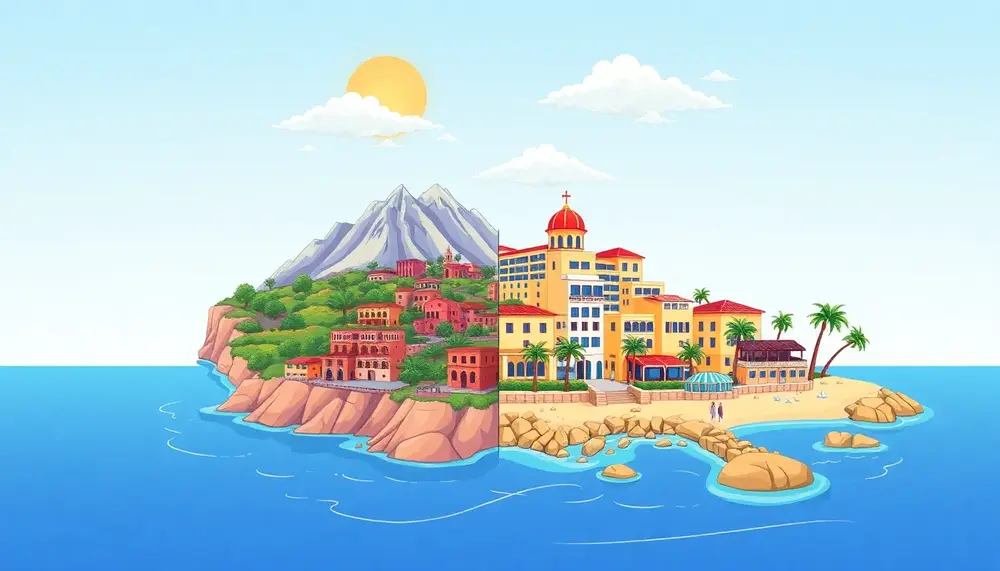
Cyprus is uniquely divided into the internationally recognized Republic of Cyprus in the south and the Turkish Republic of Northern Cyprus, only acknowledged by Turkey. This division reflects contrasting political systems, cultures, and economies while preserving distinct identities shaped by...
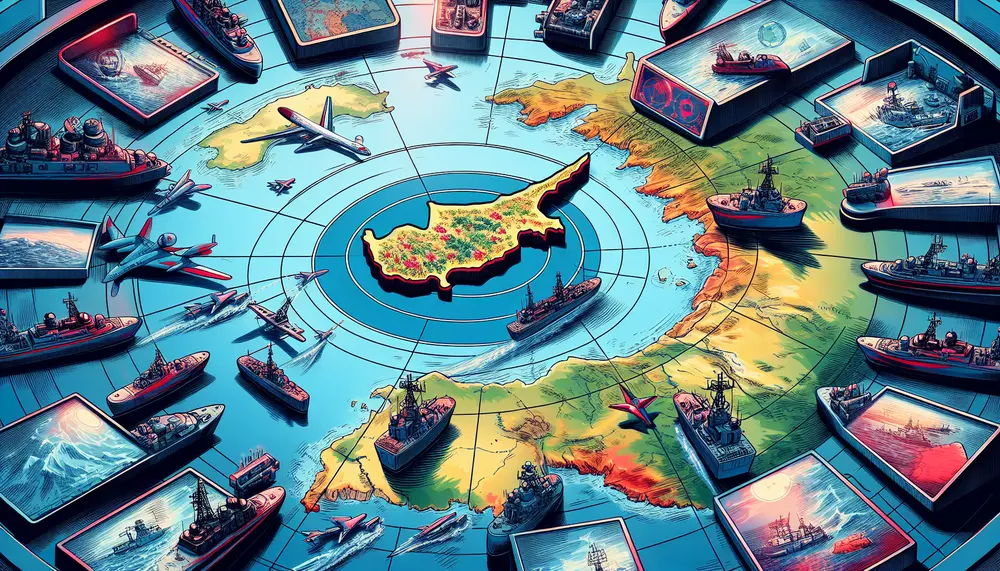
Cyprus' strategic location in the eastern Mediterranean makes it a valuable asset for NATO, offering geographical advantages and military capabilities that enhance regional stability and security. Its proximity to key maritime routes, conflict zones, and its history of collaboration with...

The Cyprus Yellow Slip is a crucial document for EU citizens wishing to reside in Cyprus, granting residency rights similar to Cypriot citizens and facilitating employment, healthcare access, education enrollment, banking services, and family unification....

The article provides a comprehensive guide to applying for a Cyprus Schengen Visa, detailing eligibility criteria, required documents, and the application process. It aims to simplify the steps involved and ensure applicants are well-prepared for a smooth visa application experience....
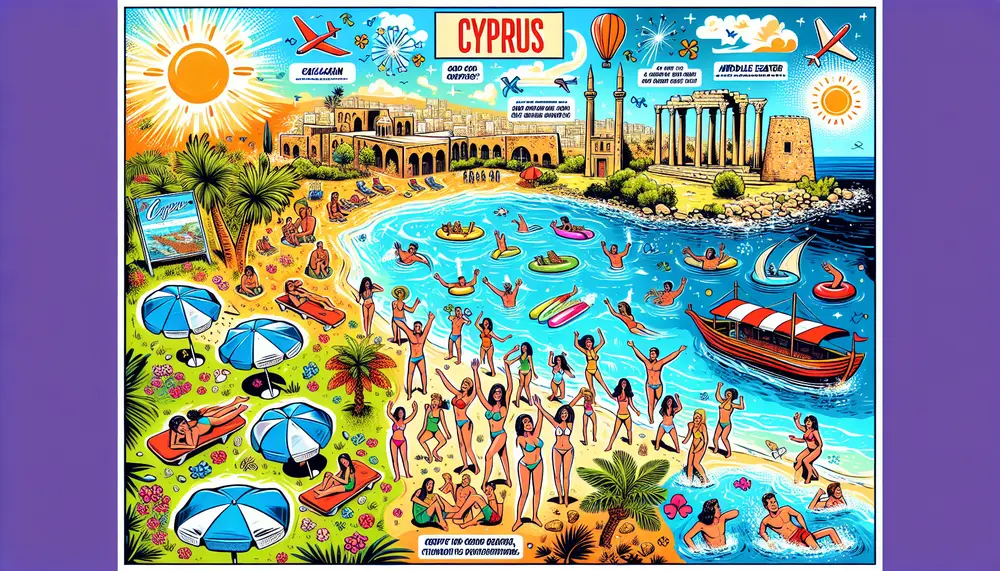
Choosing between Cyprus and Crete for a vacation involves comparing factors like climate, beaches, culture, cuisine, and cost. Both islands offer unique experiences: Cyprus is ideal for sun-seekers with its hot summers and clear waters, while Crete offers diverse terrains...
